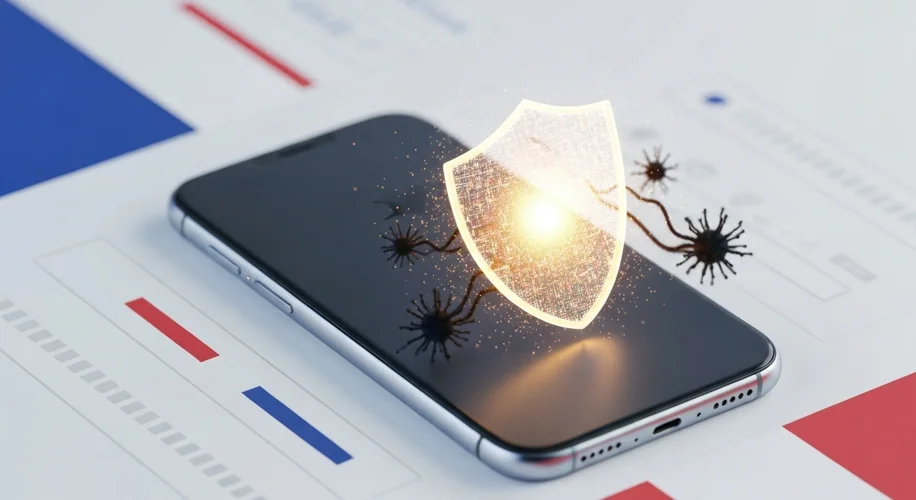Hey everyone,
So, France recently dropped some news that’s got the cybersecurity world buzzing: Apple users in France have been notified about new spyware attacks. This isn’t just some minor glitch; we’re talking about sophisticated attacks that can potentially compromise your device and your data.
What’s the big deal?
This type of spyware, often referred to as ‘mercenary spyware,’ is designed to be stealthy and incredibly invasive. Unlike regular malware, these tools are usually developed and sold to governments or organizations, not just random hackers. When they end up in the wrong hands or are misused, they can target individuals without their knowledge, potentially stealing sensitive information, tracking locations, and even accessing your device’s camera and microphone.
For Apple users, who often associate the brand with strong security, this is a wake-up call. While Apple has robust security features, no system is completely impenetrable, especially against highly targeted attacks.
What can you do to protect yourself?
Even if you’re not in France, it’s always good to stay vigilant. Here are some practical steps:
- Keep Your Software Updated: This is HUGE. Apple regularly releases security updates. Make sure your iPhone, iPad, and Mac are always running the latest version of iOS, iPadOS, and macOS. These updates often patch critical security vulnerabilities.
-
Enable Two-Factor Authentication (2FA): If you haven’t already, turn on 2FA for your Apple ID. This adds an extra layer of security, making it much harder for someone to access your account even if they get your password.
-
Be Wary of Suspicious Links and Attachments: This is classic advice, but it bears repeating. If you get a strange text message, email, or any message with a link or attachment you weren’t expecting, don’t click or download it. Even if it looks like it’s from a friend or a known company, be cautious.
-
Review Your App Permissions: Regularly check which apps have access to your location, contacts, photos, microphone, and camera. If an app has permissions it doesn’t seem to need, revoke them.
-
Consider a VPN: While not a direct defense against this specific type of attack, a Virtual Private Network (VPN) can add a layer of privacy by encrypting your internet traffic, making it harder for anyone to snoop on your online activity.
-
Stay Informed: Keep up with cybersecurity news. Knowing what threats are out there is the first step to protecting yourself.
This news from France is a stark reminder that staying secure in today’s digital world requires ongoing effort and awareness. Let’s all make sure we’re doing our part to keep our devices and data safe!
Stay safe out there,
Mateo

